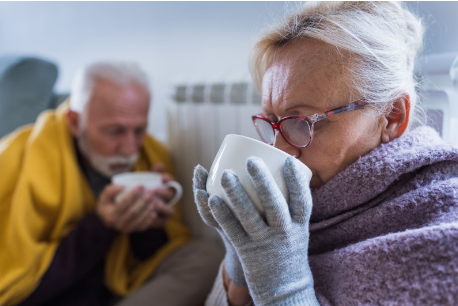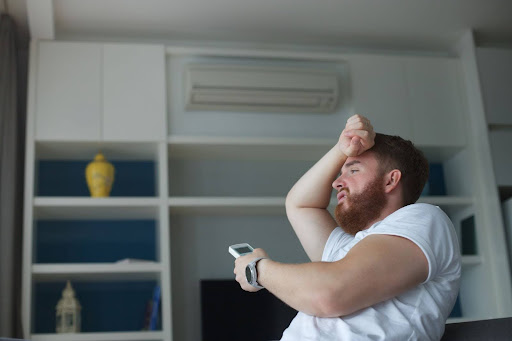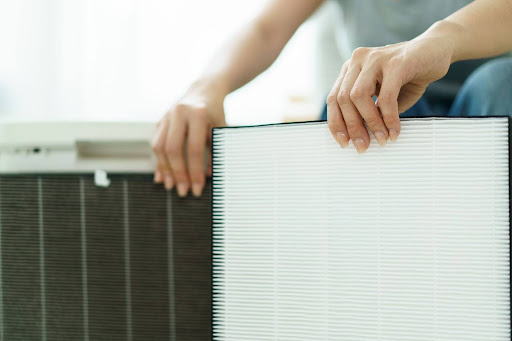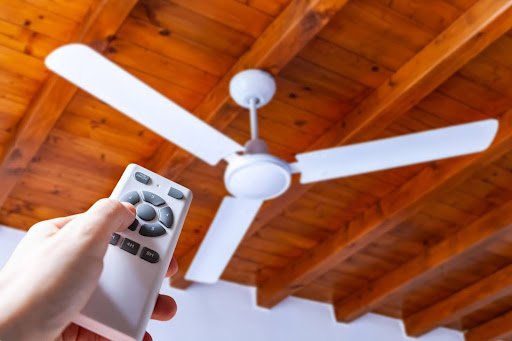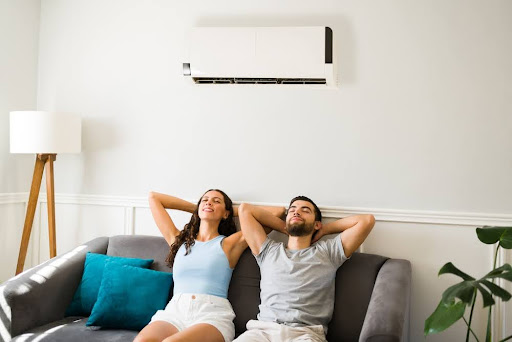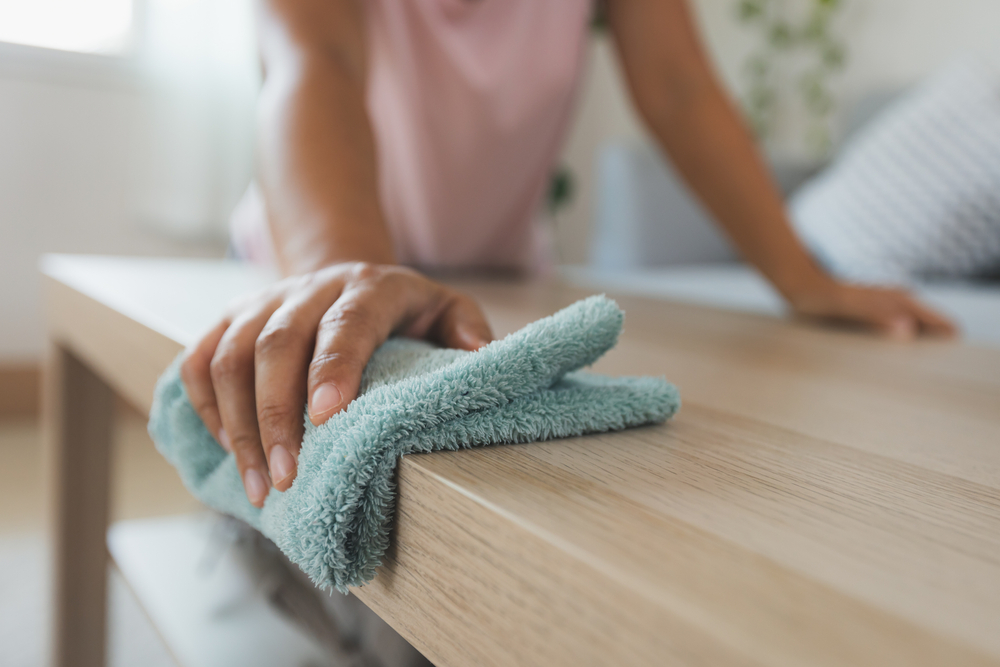Should I Call a Plumber for Repairs or Opt for a DIY Fix?
When there’s a plumbing problem in your home, your first instinct might be to call a plumbing company. They have the experience needed to diagnose and solve many plumbing issues, meaning it’s a surefire way to get the problem fixed correctly. Likewise, there are some instances where homeowners may instead attempt to repair the issue on their own.
In general, more complicated and serious problems should be trusted to a professional, while minor, simpler issues can sometimes be tackled DIY. To save you some time and make your decision easier, let’s take a quick look at several problems and whether or not it’s better to call an expert plumber for assistance.
What Plumbing Problems Should You Call a Professional For?
Burst Pipes and Serious Leaks
Some plumbing problems are too dangerous or complicated for DIY plumbing repairs, making it necessary to call a plumber. Major leaks or burst pipes, for example, can cause extensive damage to your home’s plumbing systems and water supply. A professional plumber can address the problem quickly, as they have specialized tools needed to restore your plumbing to normal.
Sewer Line Issues
Sewer line problems, such as backups or blockages, are another issue that requires a professional plumbing service. Diagnosing and resolving sewer line issues often involves advanced equipment, such as cameras for inspections or hydro-jetting machines for unclogging drains. Attempting a DIY fix in these situations could result in costly repairs, so it’s best to leave it to the pros.
Water Heater Concerns
For hot water heater malfunctions, including inconsistent hot water or strange noises, it’s important to hire a licensed plumber. Water heaters can be dangerous to repair without the proper tools and knowledge. An experienced plumber can determine whether the unit needs a simple repair, maintenance, or a full replacement.
Gas Line Problems
Gas lines are especially risky to work on without professional training. If you suspect a gas leak, contact a local plumber immediately. Licensed plumbers are equipped to handle gas line issues safely, preventing potential hazards to your home and family.
Which Issues Can Homeowners Fix on Their Own?
Addressing Clogs
Not all plumbing tasks require professional plumbing services. Some minor plumbing issues are manageable for homeowners with basic tools and a bit of patience. For instance, unclogging drains is a common DIY plumbing task that can often be resolved with a plunger, drain snake, or non-corrosive cleaning solution. However, avoid harsh chemical cleaners, as they can damage your plumbing systems over time.
Fixing Faucet Leaks
Fixing dripping or leaky faucets is another task that may be better suited for DIY plumbing. Problems like worn faucet washers or loose connections can often be repaired without professional assistance. A DIY fix involves disassembling the faucet, replacing the faulty part, and reassembling it with proper tools.
Stopping Running Toilets
Fixing running toilets is another straightforward repair. A running toilet is often caused by a worn-out flapper or misaligned float valve. Both components are inexpensive and easy to replace, making this an ideal project for homeowners who are comfortable with DIY repairs.
For Professional Plumbing Assistance, Call Fiscor Plumbing & Air
If you ever need professional plumbing repairs in Camp Verde or drain cleaning services to eliminate a tough clog, we’ve got you covered. Reach out to the team at Fiscor Plumbing & Air to schedule an appointment or to learn more about the ways we can make your Arizona home a safer place to live.


